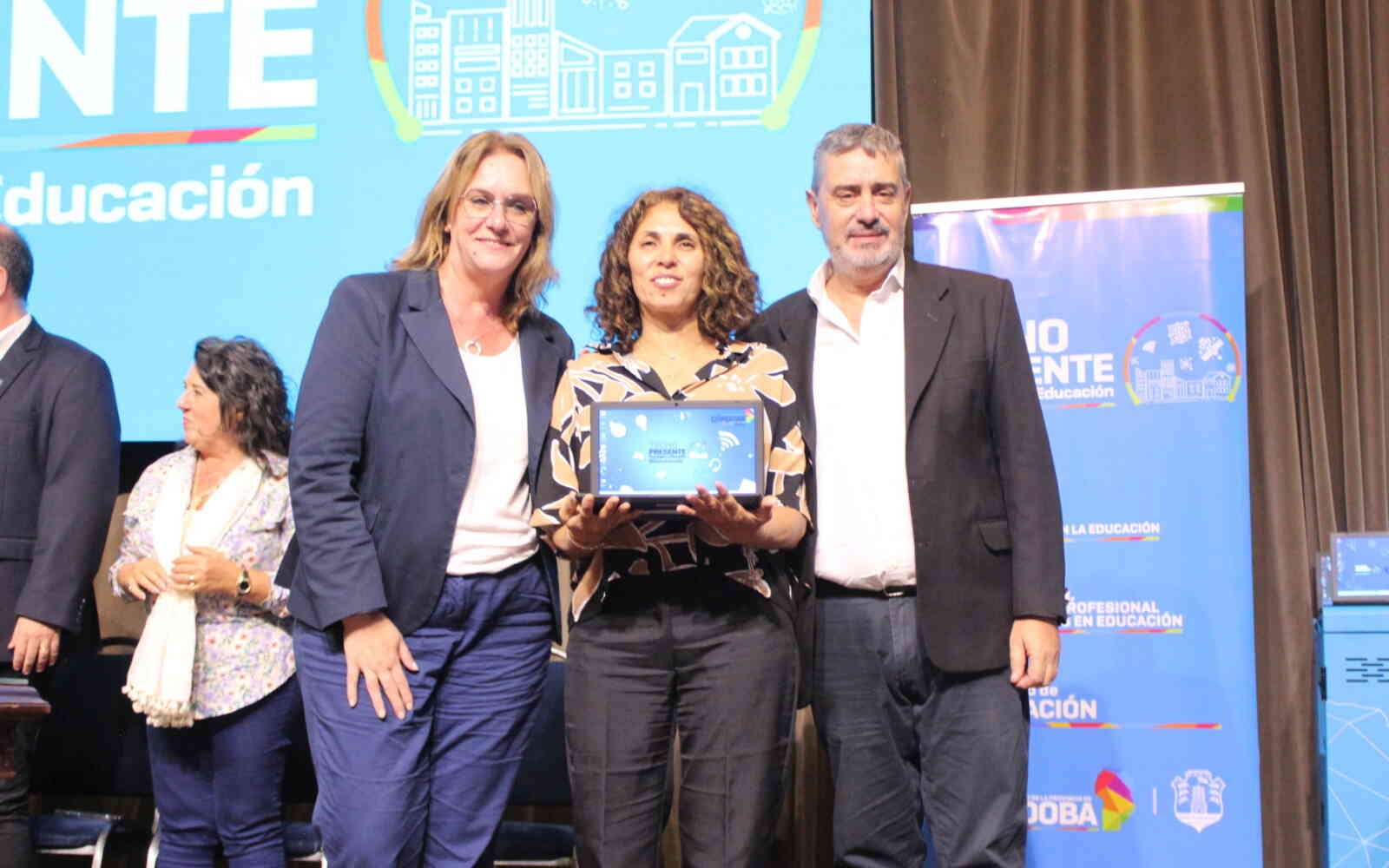The United Nations Office for Project Services (UNOPS)
Harnessing the power of public procurement to promote decent work
A new report by UNOPS highlights how public procurement can support the creation of decent work and drive sustainable economic growth.
Promoting equal opportunities is central to the Sustainable Development Goals (SDGs) – particularly SDG 8, which aims to ensure sustained economic growth, productive employment, and decent work for all. This includes creating policies and initiatives that support job creation, safe work environments, and which foster entrepreneurship and innovation.
As global supply chains become more complex and interconnected, public procurement has a crucial role to play in leveraging its vast purchasing power for economic, social and environmental impact, through sustainable practices.
Public procurement is a powerful agent that can create decent work for all – promoting social inclusion, fairness and value for money.
In conjunction with World Day for Decent Work, UNOPS has released a new report, 'Promoting decent work through public procurement’. Targeting governments, procurement practitioners and other stakeholders involved in public procurement, the report aims to enhance awareness of how public procurement can help promote decent work opportunities throughout the supply chain – including for women, young people and persons with disabilities – while safeguarding human rights and ensuring safe working environments.
"We want to help harness the power of the public purse to deliver quality jobs along with social protection and respect for rights at work. This is key to achieving sustainable and inclusive economic growth, and eliminating poverty," said Anne-Claire Howard.
The report demonstrates how decent work principles can be effectively integrated into procurement policies and processes, providing a range of practical measures that can be adapted to various procurement contexts.
Areas of focus include how public procurement can:
Support small and medium-sized enterprises – which play a crucial role in achieving productive employment and decent work;
Implement a supplier code of conduct that outlines expectations for public sector suppliers in areas such as labour, human rights, environment and ethical conduct;
Create employment opportunities for disadvantaged groups, such as youth, ethnic minorities, and persons with disabilities; and
Prevent child labour, forced labour and human trafficking.
“By integrating criteria for decent work into procurement policies and processes, governments and procurement practitioners can ensure that millions of jobs created through public investment meet fair and equitable standards,” said Vanja Ostojic, Chief Procurement Bureau at the International Labour Organization.
“This publication is a call to action for all stakeholders to harness the power of public procurement in building a fairer, more inclusive global economy,” he added.













